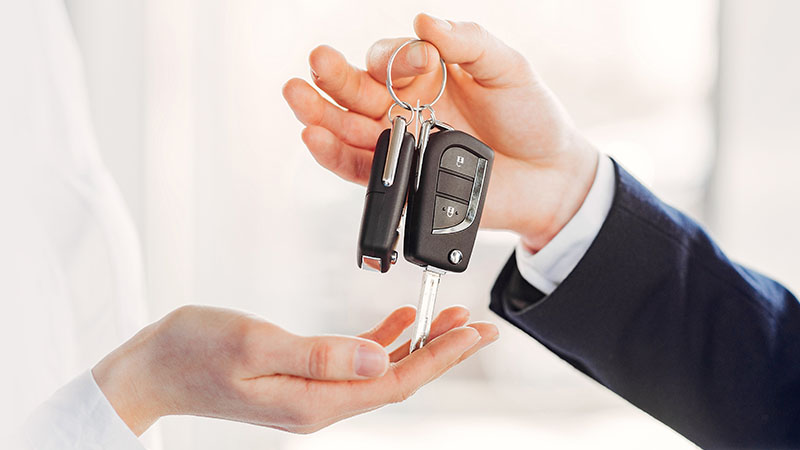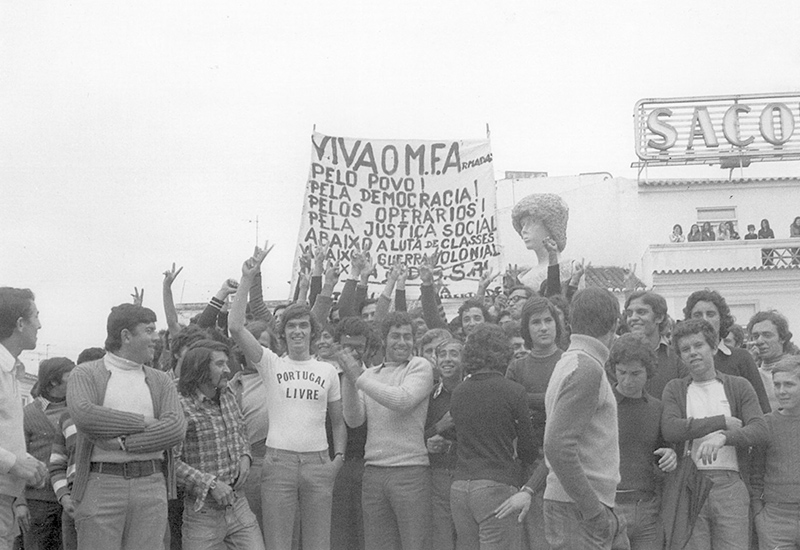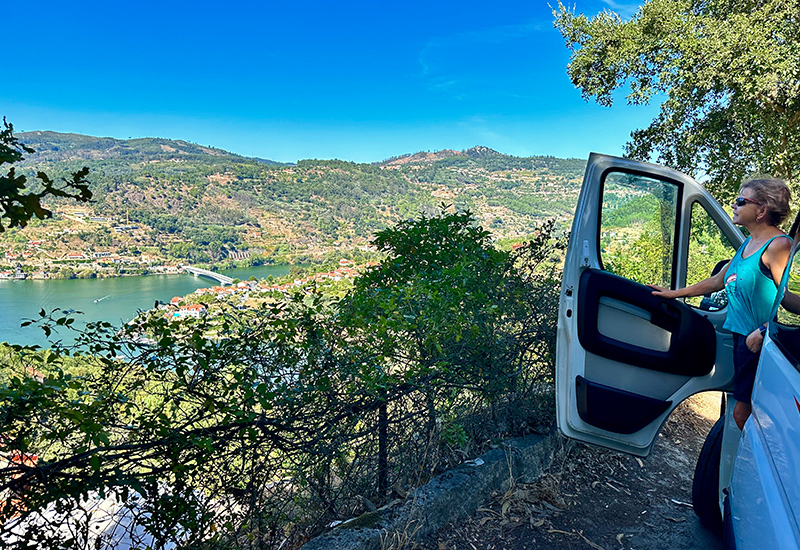Recent model, low mileage, great condition, warranty still in place. That must be the used car deal you are looking for. Just one problem here in Portugal – the price. Why are used cars so expensive?
WORDS James Plaskitt
The one thing that is most noticeable at all the used car centres that line many of the main roads in the Algarve is that the prices are hard to see! There are no colourful promotion hoardings and no price stickers filling the windscreens. When you get closer and read the small font stickers on the dashboard, you realise the possible reason: the prices aren’t promoted, because the prices aren’t exactly cheap! Portugal has a reputation for being an expensive place to buy cars. Is it a deserved reputation?
If we start with new car prices, in fact, Portugal’s prices are not anywhere near the top of the European list. The average new car price here last year was 32,483€. Take, for comparison, two other European countries that do not have a significant level of domestic car production, and we find the average price in Greece to be 25,450€, but in Switzerland to be 46,979€. So Portugal sits about mid-league for new car prices.
There is some domestic manufacturing in the country, and a number of the large volume car manufacturers have made cars here for decades. Toyota build the Land Cruiser in Portugal, but most of the output is exported to South Africa. Volkswagen makes the T-Roc here, but again, most models are exported to other EU markets. PSA make the Citroen Berlingo and Peugeot Partner here.
The principal reason for Portugal’s new car prices sitting higher than a number of other European countries is the domestic tax regime. New cars here are subject to two taxes – the first being IVA at 23% and the second being Imposto Sobre Vehiculos (ISV), the environmental tax. This is calculated using a complex formula but essentially is determined by a combination of engine size and emission levels. In the case of a 1500cc petrol car, with emissions of 115 g/km, the ISV will be around 2,200€. In the case of a 2500cc petrol car, with emissions of 150 g/km, the tax will be around 9,000€.
Other countries also levy environmental taxes at the point of purchase, so Portugal is not out of line, even if its tax rates are a bit higher than elsewhere. All this explains the situation on new car prices. But, there is no obvious reason why used car prices are relatively expensive. So why are they?
The first main reason is that Portugal has, in effect, a closed market for used vehicles. Only a very small number of used cars are imported for sale here. The domestic second-hand car market is virtually protected. And that is, to put it politely, unusual within the European Union.
If you have tried bringing in a used vehicle from another country, you will already be aware of the complexities. The law does not allow you to drive a foreign-registered vehicle indefinitely on Portugal’s roads. It is a requirement to matriculate an imported used car. And it is not a simple process; it has at least eight stages: obtaining a certificate of conformity, obtaining homologation papers, having a vehicle inspection, submitting a customs declaration, paying the ISV, paying VAT (in some circumstances), obtaining registration plates, and purchasing new registration documents.
The ISV is payable on imported used cars. The level of tax payable is determined by a sliding scale depending on the age of the vehicle. And this is the part of Portugal’s set-up that has attracted the attention of the European Court of Justice. Already, back in 2016, the Court ruled against aspects of Portugal’s protected used car market. But the country is now back in court as a result of objections brought by a used car dealer, claiming that imposition of ISV on used car imports is against single market rules. The case, as they say, continues.
In addition to the protected market pushing up used car prices, there are further factors at play. The shortage of semiconductors is holding back new car production. Consequently, rental companies are holding onto their fleets longer, resulting in fewer cars being released into the market. For the same reason, fleet owners are holding their cars for longer, which also chokes off the supply of used vehicles. So, the simple laws of economics are also pushing up used car prices here – demand is outstripping supply.
Will things improve? The current shortage of supply may well ease as new car production recovers. The European Court may succeed in forcing the government’s hand on used car taxation. So the prices could eventually become a bit more competitive. You just have to hope your current car keeps going long enough.
James Plaskitt was a Member of Parliament in Tony Blair’s government in the UK. He is now retired in the Algarve.














